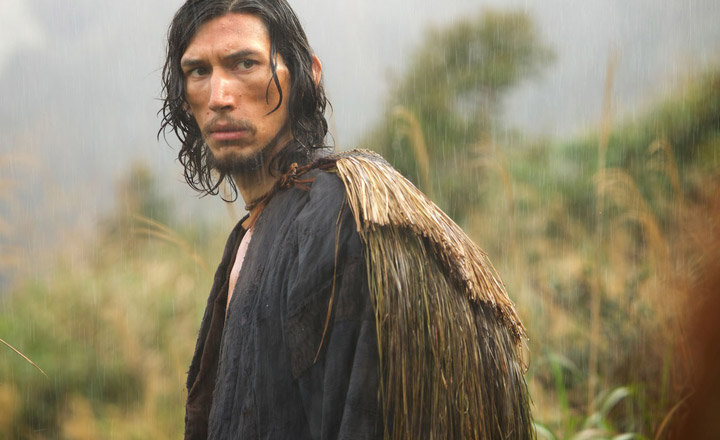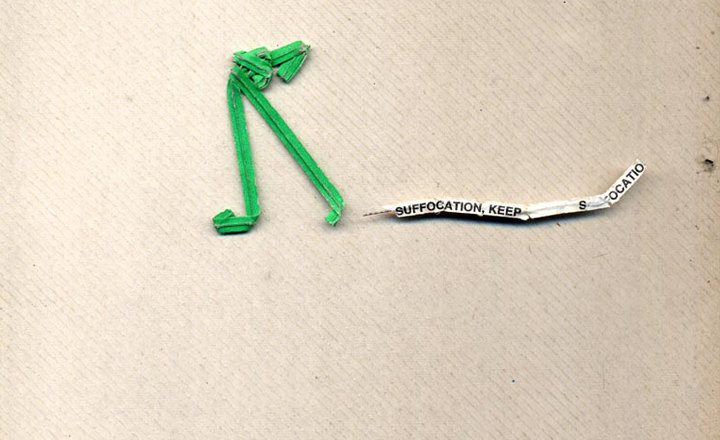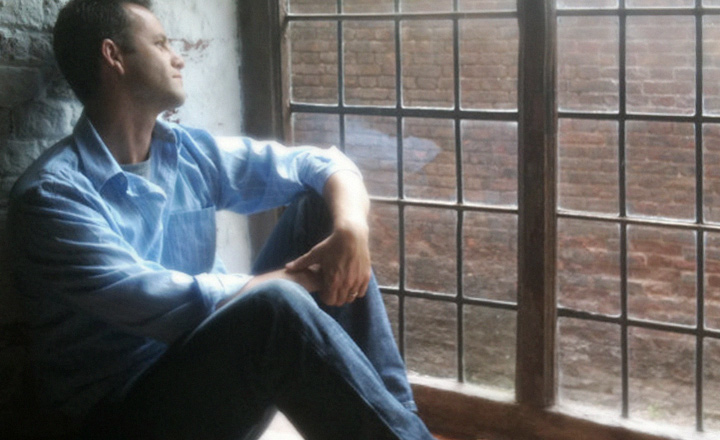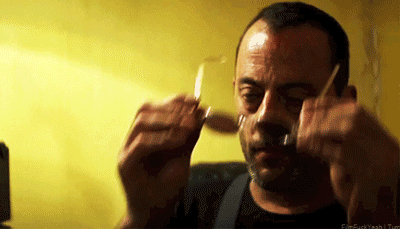Watched Silence.
I must give a warning though. This is a story of my country (and my region) and I was so ready to love this film prior to viewing.
It’s a film about Portuguese missionaries in Japan whose faith was put to extreme tests. It challenges the audience by asking the true value and form of faith.
What does it really mean to have a faith? Is it really worth costing your lives, and someone else’s? Is there a place for an apostatised? Is Jesus waiting at the height of mankind or at the opposite end? Silence does not take a side, nor does it have its own answer.
There are no clear good and bad guys, though the Japanese persecution is quite harsh (Japan used to embrace Christianity but decided to ban it for a number of reasons. Even the main ‘antagonist’ was once a Christian).
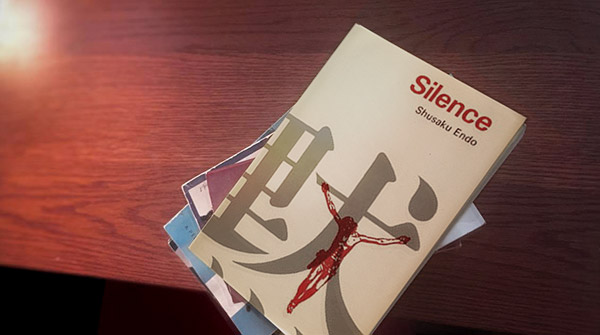
The questions it asks sticks long after the experience, including to secular ones such as myself. For this reason, Shūsaku Endō’s original novel deservedly earns the place of one of the most discussed Christian writings of the last century, as does the film adaptation.
If you do not have the slightest interest in religion or the mentality of belief, you are probably not going to enjoy it. On the other hand, I’ve seen devout Christians dismissing the material, to whom the answer to its questions seem quite obvious (e.g. apostasy is something someone rotten-minded does and their life after that does not deserve attention). So, if you are just too much of Christian, you may not enjoy it either.
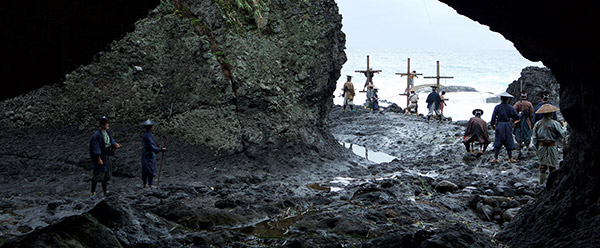
Because of the subject matter that takes up the most of the discussion, it is easy to forget that this film is artistically and technically stunning too. Despite its rather simple story, this film reflects that it came from a rather lengthly novel. Despite that, I was totally immersed in the beautiful cinematography, acting, and atmosphere almost completely devoid of music (even the ending credit is not a song, but the beautiful sound of the nature) – not to mention the gut-wrenching struggle that the main characters go through. The first half is almost monochrome whose visuals takes a lot of cues from classical Japanese films, and it gradually saturates into the second half. It’s a stunning film to look at.
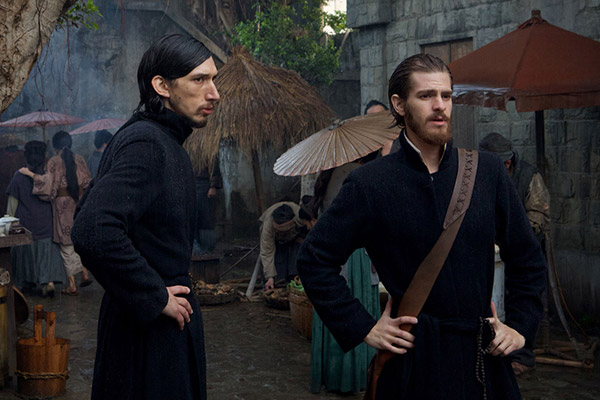
Andrew Garfield and Adam Driver do fantastic jobs as Portuguese Jesuits, as does the Japanese cast. Especially Issey Ogata – he almost feels like Christoph Waltz in his presence.
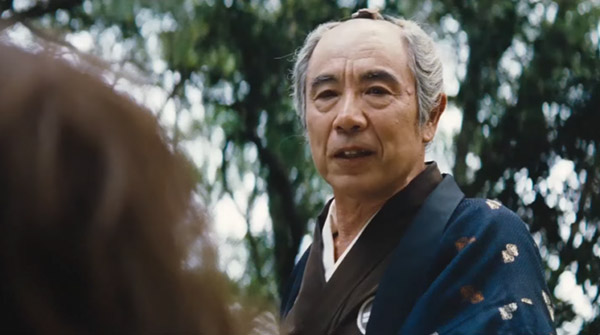
I give a lot of credit for the language/dialect direction; this takes place near my hometown and I am very familiar with the dialect there. I am usually frustrated at how bad Japanese speech is in Hollywood films (probably because they do not hire actual Japanese actors) and I normally cannot even hope to hear an accurate dialect. On the other end, Japanese actors have been terrible with English dialogues for a long time, so much so that bilingual films distract me when I see them; tho a lot has improved since The Last Samurai (2003) though. The level of authenticity that Scorsese sought and the Japanese actors’ fluency in English is incredibly high for what I expect.
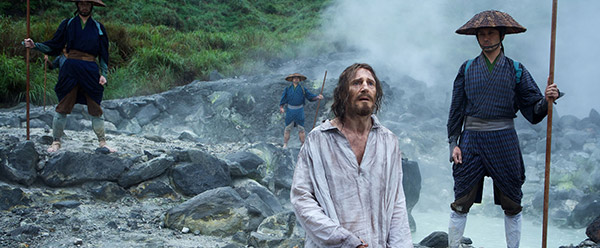
I give it 10/10. Its theme can be discussed in so many ways that I will not go through them in length here, but I really want to talk about it in person. So please see it, come see me, let us sit together, grab a beer (or sake), and have a good chat.
—toshi omagari
Flommist Toshi Omagari fights many things, most recent of which is the auto-correction of his title to florist. Copyright © 2017 Toshi Omagari.
PLEASE SUPPORT FLOMM
TIPS + DONATIONS DISCREETLY ACCEPTED






